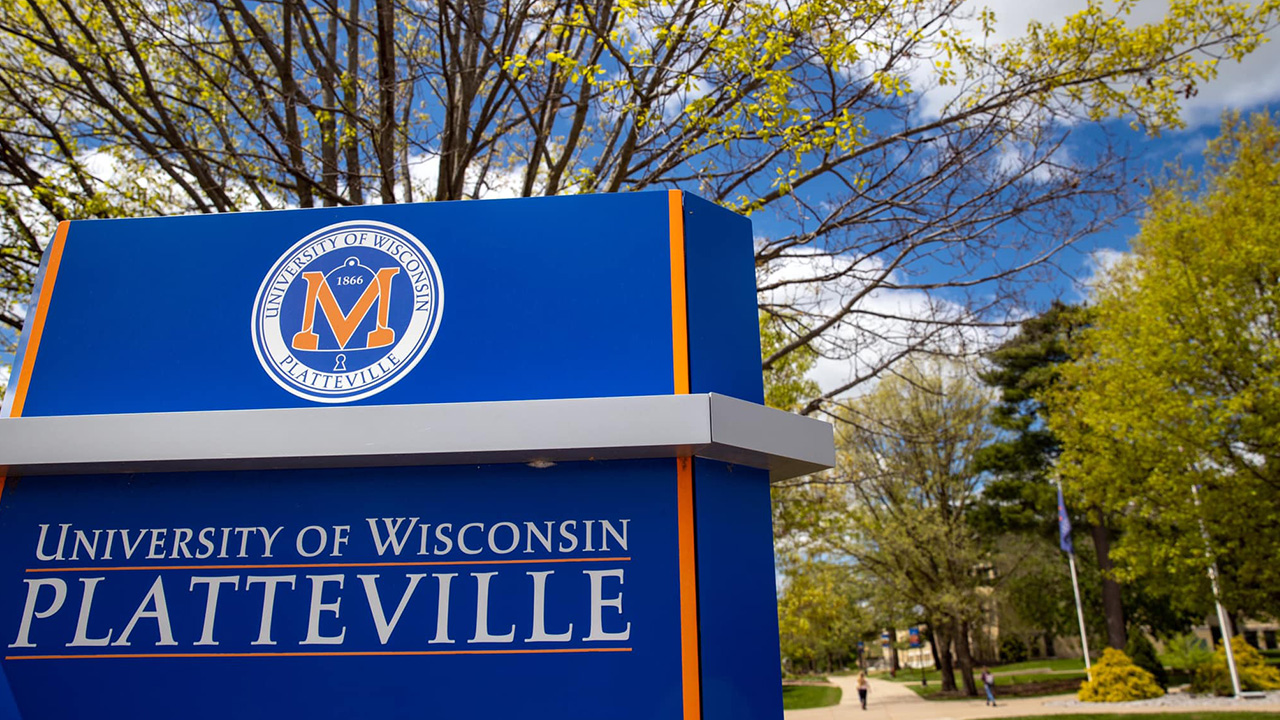
Dr. Mohammad Rabbani, associate professor in the chemistry department at the University of Wisconsin-Platteville, is helping to train Platteville middle school students in order for them to get practical lab experience for Crime Busters, a Science Olympiad STEM event.
“It is very important to support the Platteville school system and promote STEM education,” said Rabbani. “When students build their skills and confidence in the STEM field, they can see themselves as future leaders in science and technology.”
Each semester, Rabbani trains Platteville Middle School students in UW-Platteville’s chemistry lab, practicing the types of experiments students will see at the Crime Busters competition, which consist of testing around 20 solid, liquid, polymer and metal chemicals and performing paper chromatography to isolate the components of a mixture. This semester, eight students participated in training sessions, two students in each group. One group secured first place at the regional Crime Busters competition last month in Milwaukee, Wisconsin. The state competition will be held this month in Stevens Point, Wisconsin. Last year, two of the students Rabbani coached at UW-Platteville became state champions.
“This is a great opportunity for the students to work in a group,” said Rabbani. “It is also very encouraging to increase the number of female students in STEM education. More than half of them are girls.”
Rabbani stressed the importance of providing students with adequate practice to not only win the competition but also for their safety, as they are working with chemical reactions using acids and other toxic chemicals. His relationship with the Platteville School District started when Rabbani and an eighth grade science teacher and Science Olympiad coordinator, Steven Olencheck, had a chance to discuss Rabbani’s interest in training students on handling chemicals and performing experiments.
Crime Busters is one of the events in Science Olympiad in which middle school students use their chemistry knowledge and develop their experimental and analytical skills. Students are given a scenario, a collection of evidence and possible suspects. They perform a series of experiments and use their analytical skills to solve the crime.